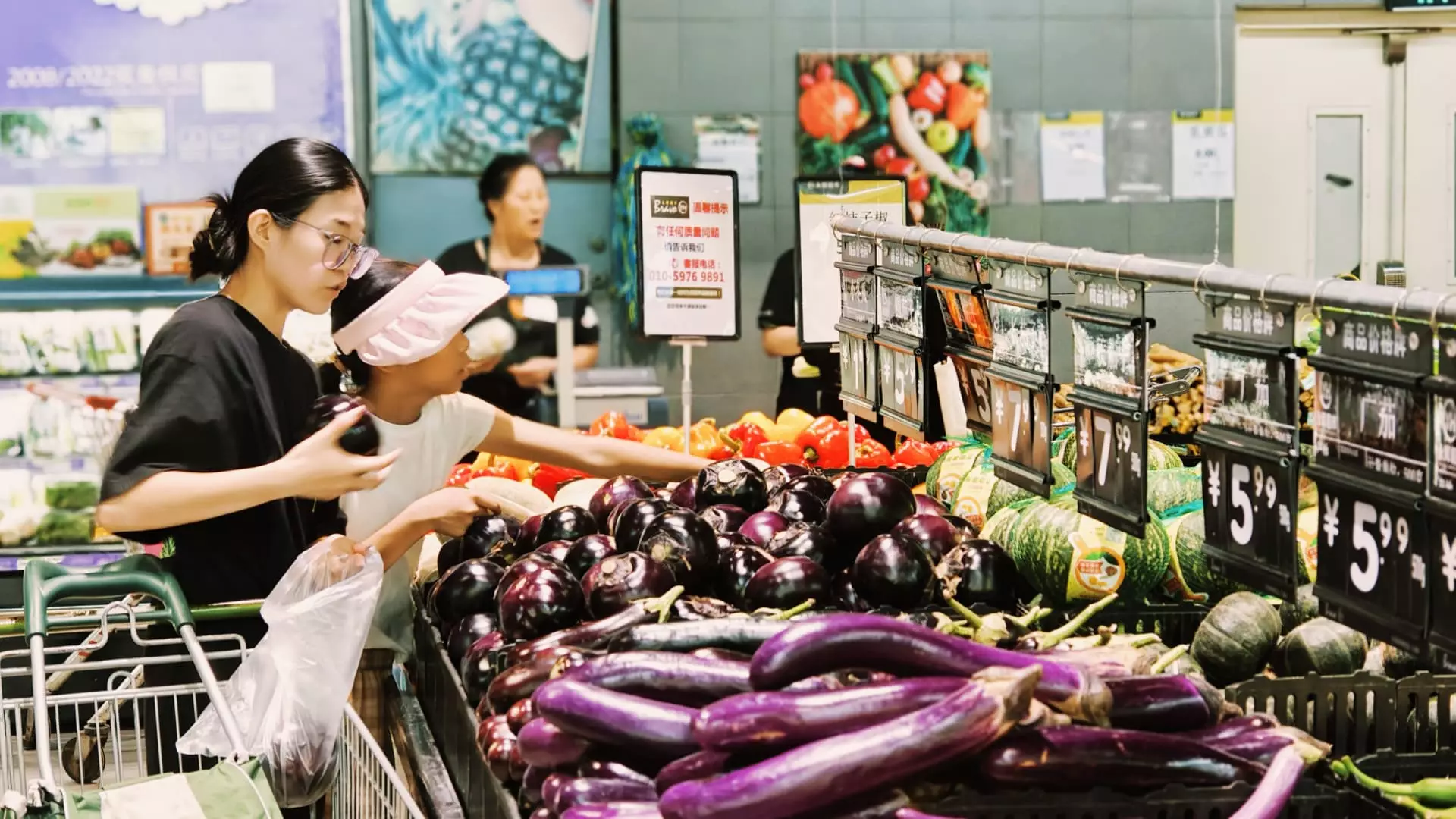China reported that its consumer price index rose by 0.6% year on year in August, falling short of expectations. The costs of transportation, home goods, and rents decreased during this period. Food prices, however, saw an increase of 2.8% year on year in August, the first positive reading since June 2023. Pork prices surged by 16.1%, while vegetable prices climbed by 21.8%.
The core-CPI, which excludes food and energy prices, only climbed by 0.3% in August compared to the previous year. This marked a slower rise for a second consecutive month. This slower increase in consumer prices can be attributed to the lackluster domestic demand in China following the pandemic. Yi Gang, China’s former central bank head, emphasized the importance of addressing the deflationary pressure in the country. He predicted that the consumer price index would be slightly above zero by the end of the year.
In July, retail sales in China rose by a mere 2.7% from the previous year, reflecting the subdued consumer demand. Retail sales and industrial data for August are set to be released on Saturday, giving a clearer picture of the economic situation in the country. Additionally, the producer price index fell by 1.8% year on year in August, surpassing the estimated 1.4% decline according to a Reuters poll.
Despite the slight increase in the consumer price index in August, China continues to face challenges in stimulating domestic demand and addressing deflationary pressures. The mixed data on food prices, transportation costs, and overall consumer prices indicate the complexity of the economic situation in the country. As China navigates its recovery from the pandemic, policymakers will need to adopt targeted measures to boost consumer confidence and support economic growth in the coming months.

